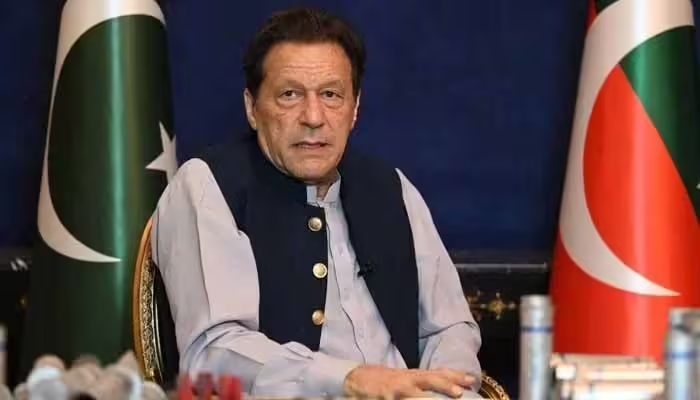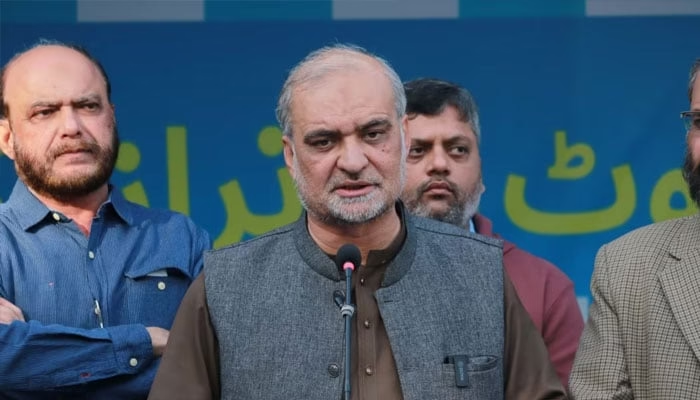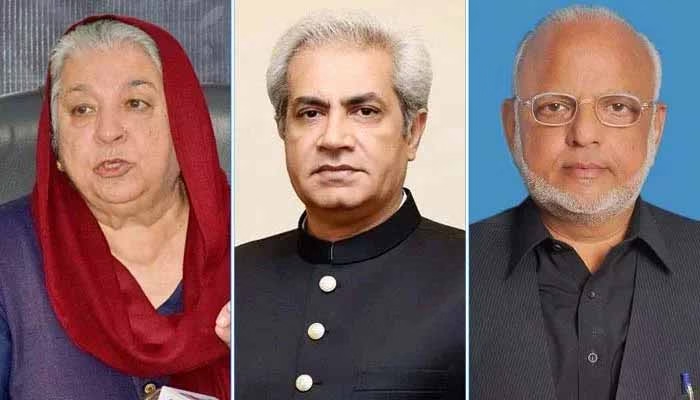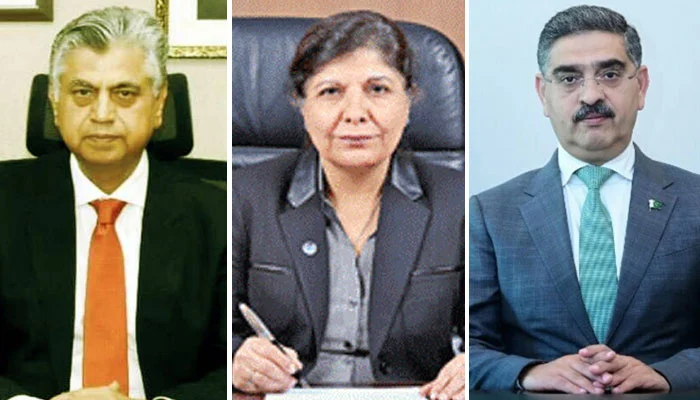PTI founder Imran Khan, currently held in Adiala Jail, has expressed skepticism about negotiating with the current government, which he believes lacks legitimacy and will fall once the results of four constituencies are fully examined. In an informal conversation with journalists, Khan emphasized the need for the return of PTI’s mandate before any meaningful dialogue can take place.
Khan’s comments come at a time of heightened political tension, with PTI making multiple attempts to initiate negotiations with the ruling authorities. The failure to establish contact with these authorities has led PTI to explore alternative avenues for dialogue. However, Khan remains adamant that without addressing the core issue of the disputed constituencies, any negotiations would be futile.
Restoring the Mandate
Imran Khan’s primary demand is the restoration of PTI’s mandate, which he argues was unfairly taken from them. “First of all, our mandate should be returned,” he stated unequivocally. Khan believes that rectifying the election results of the four contentious constituencies will reveal the true support for PTI and undermine the current government’s position.
Attempts at Dialogue
Despite the challenges, PTI has not given up on the idea of negotiations. Mahmood Khan Achakzai has been tasked with reaching out to political parties, although he has firmly stated that he cannot negotiate with the military. This stance underscores the complexities of the political landscape in Pakistan, where the role of the military often intersects with civilian governance.
Khan’s request for Achakzai to engage with political parties highlights PTI’s willingness to explore all possible avenues for dialogue. However, the insistence on excluding the military from these discussions reflects a broader tension within Pakistani politics about the appropriate role of the armed forces in political matters.
Addressing Political Controversies
In the conversation, Imran Khan also touched on various political controversies, including the issue of taking U-turns. He took a swipe at his opponents, saying, “The greatest U-turn is the one who shouted ‘Respect the vote’ and gave respect to the boot.” This comment is a clear jab at political leaders who have changed their stance on military involvement in politics, accusing them of hypocrisy.
Khan’s reluctance to discuss the expulsion of Sher Afzal Marwat from PTI was also notable. When questioned about the issue, he deflected, stating that he would address it later. This non-committal response suggests that internal party dynamics and disciplinary actions are sensitive topics that Khan is not ready to discuss publicly.
Future Prospects
Imran Khan’s focus on returning PTI’s mandate indicates that any future negotiations will likely be contingent upon resolving the disputed election results. This stance sets a clear precondition for dialogue, which could complicate efforts to find common ground with the current government.
The broader political context in Pakistan remains fraught with challenges. The military’s role in politics, ongoing legal battles, and internal party dynamics all contribute to a complex and often volatile environment. PTI’s insistence on addressing the disputed constituencies before engaging in negotiations reflects a strategic approach to reclaiming political legitimacy and strengthening their position.
Imran Khan’s remarks from Adiala Jail highlight the intricate and contentious nature of Pakistani politics. His call for the return of PTI’s mandate underscores the importance he places on electoral legitimacy and sets a clear precondition for any future negotiations. As PTI continues to navigate these challenges, the path forward will likely involve a combination of legal battles, political maneuvering, and efforts to engage with other political parties.
The situation remains fluid, and the outcomes of these efforts will significantly impact Pakistan’s political landscape. Whether PTI can successfully negotiate the return of their mandate and establish a dialogue with the ruling authorities will be a critical factor in shaping the country’s future political trajectory. As events unfold, the emphasis on transparency, legitimacy, and adherence to democratic principles will be crucial in determining the course of Pakistan’s governance.



